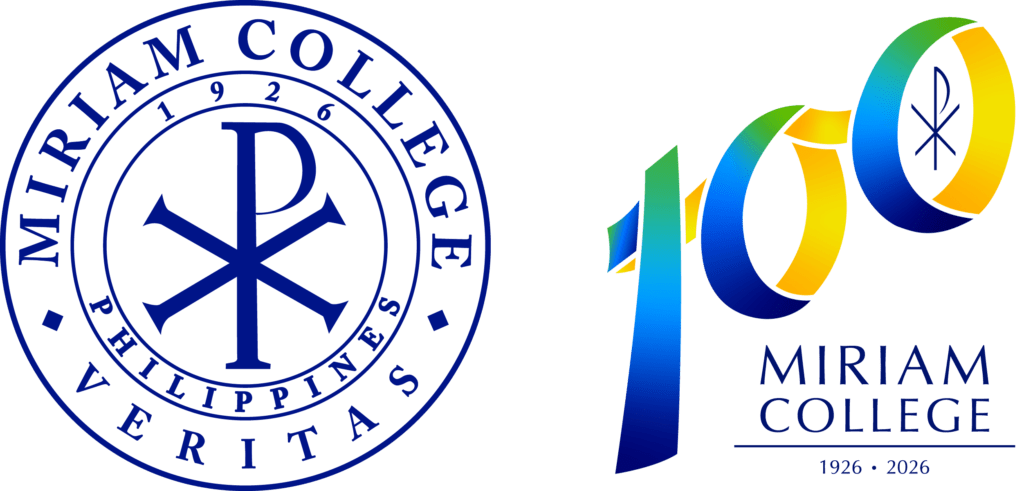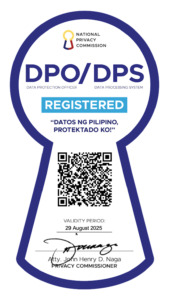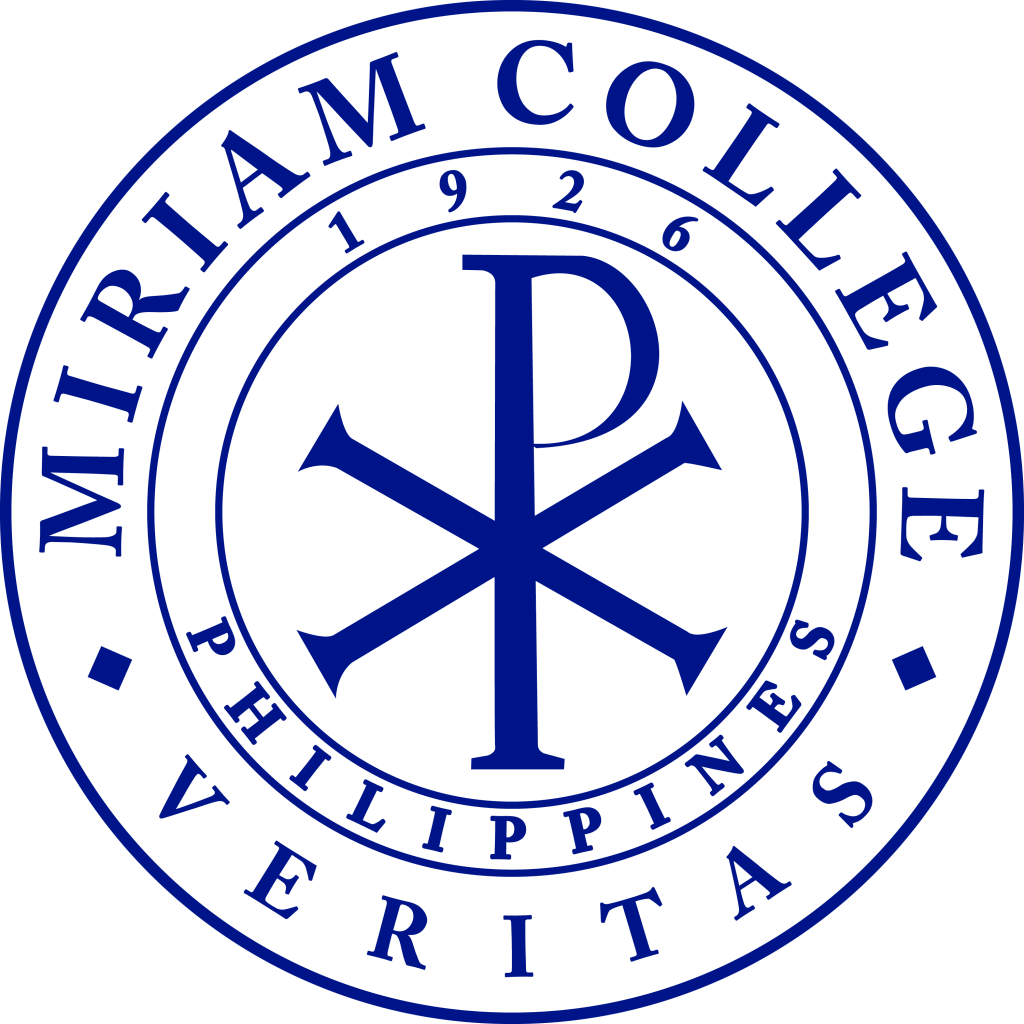Bachelor of Science in
Accounting Information System

The program provides general accounting and information technology education to students wanting to pursue a professional career in Accounting Information System. The program also aligned with the latest competency frameworks for professionals issued by the International Federation of Accountants (IFAC) and ISACA.
The program is designed to prepare students for leading international certifications from globally recognized professional organizations of information systems auditing and security practitioners.
Why take up BS Accounting Information System?

The BS Accounting Information System Program at Miriam College offers a compelling opportunity for students seeking a dynamic career at the intersection of accounting and cutting edge technology.
The program is meticulously designed to equip with the necessary skills and knowledge to pursue certifications such as Certified in Cybersecurity (CC) and Certified Information Systems Auditor (CISA) certifications.
It also emphasizes competencies in organizational development, problem-solving, objective and analytical thinking, business and corporate communications and information technology (IT) in the finance space, responsible decision-making, leadership, and professionalism.
- Provides 400 hours of immersive on-the-job training that exposes students to the current business work environment while applying theories and concepts learned in school.
- A roster of expert faculty members who are experienced practitioners in the field.
- Technology integration with leading accounting software and enterprise resource planning solutions.
What Will I Study?
The Bachelor of Science in Accounting Information System (BS AIS) program provides a comprehensive, multidisciplinary learning experience that encompasses crucial concepts and applications in accounting, business, and technology. Below are some career-relevant topics you will encounter in the program:
This course introduces the nature, functions, scope, and limitations of the broad field of accounting theory. It deals with the study of the theoretical accounting framework objectives of financial statements, the standard-setting process for accounting practice, national and international accounting standards relating to the preparation and presentation of financial statements, the conditions under which they may be appropriately applied, their impact or effect on the financial statements; and the criticisms commonly leveled against them.
This course is designed to orient the students to a business’s cost accounting and management framework. Topics discussed include the overview of cost accounting; manufacturing cost accounting cycle; job order cost system; accounting, planning, and control for materials, labor, and factory overhead; and environmental cost management.
This course introduces project management from the standpoint of a manager who must organize, plan, implement, and control tasks to achieve an organization’s schedule, budget, and performance objectives.
Tools and concepts such as project charter, scope statement, work breakdown structure, project estimating, and scheduling methodologies will be discussed. Microsoft Project software will also be applied to be able to manage a project from start to deployment.
This course deals with the concepts, skills, methodologies, techniques, tools, and perspectives essential for systems analysts. System analysis and design deals with planning the development of information systems through understanding and specifying in detail what a system should do and how the components of the system should be implemented and work together.
Systems analysts solve business problems through analyzing the requirements of information systems and designing such systems by applying analysis and design techniques.
This course evaluate various inter-disciplinary management concepts and issues related to information systems and technologies. Emphasis is on management decisions involving single and multi-user systems, network architecture, database management systems, and the software development process. Learners survey types of information systems used by modern organizations: transaction processing, decision support, executive information, functional area support, strategic, and expert systems.
This course deals with operation and maintenance management of information systems. Basic theory, maintenance strategies, relevant standards, as well as tools, methods and maintenance strategies will be discussed. It will describe central factors and methods used to optimize activities in various life cycle phases (e.g. design and development, installation and commissioning, operations and maintenance, removal and recycling), with respect to costs, profits, and acceptable risk level for health, safety and environment, as well as investments.
This course prepares the learners to employ the theoretical and conceptual underpinnings to improve information security behavior and develop skills in a work-related context in private, public or government enterprises. The course is designed to assess decisions and policies to improve information security management. The academic engagement will cover the following topics: policy development, risk analysis and management, security information dissemination, education and awareness training, legal compliance, and ethical and legal conduct.
This course will introduce you to enterprise systems; and show how organizations use enterprise systems to run their operations more efficiently and effectively. Students learn about the critical success factors and implementation strategies that lead to enterprise system success. It also discusses the informational, knowledge, and decision-making opportunities afforded by enterprise systems. The course will examine typical Enterprise Systems modules: materials management (MM), supply chain management (SCM), customer relationship management (CRM), financials, projects, human resource management (HRM) etc. Enterprise systems use a single database to integrate business transactions along and between processes, leading to benefits such as efficient and error-free workflows plus accounting, management reporting and improved decision-making.
This course provides students with the basic principles and topics of data warehousing and management. The students learn the theoretical topics on database, database design, and design methodologies. The topics include introduction to database, data warehousing, relational database, commercial relational languages, relational database management systems (RDBMS), indexing and hashing, query, processing and optimization. The practical training may include the following: MS Access, SQL and other commercial RDBMS.
This course provides a conceptual framework within key financial decisions and risks relating to corporations are analyzed. This analysis considers shareholder wealth maximization, long term financing, capital budgeting, risk management (the nature of risk, risk concepts, benefits of risk management, risk management processes, enterprise-wide risk management, managing operating risk and financial risk, credit risk models including Base 2) capital acquisition analysis, capital structure decision, valuation of financial instruments, and the dividend decision. It also examines the main types of derivate contracts: forward contracts, futures, swaps and options, and how these instruments are used in managing and modifying financial risks.
This course explains the basic concepts in information systems management and the impact it has on business organizations. It also discusses organizational, business and strategic issues surrounding the information system. It helps the learners see the connection between information systems and business performance.
The aim of the course is to enable the learners to assess the opportunities and problems that managers in a wide range of organizations face as they attempt to use these information system applications to add value to their businesses. It also helps to understand transformational changes within and across industries.
This course explains the tool that is built in Excel to forecast a business’ financial performance into the future normally used by company executives. The forecast is typically based on the company’s historical performance, assumptions about the future, and requires preparing the statement of comprehensive income, statement of financial position, statement of cash flows, and supporting schedules.
The different types of financial models will be discussed in this course such as the discounted cash flow (DCF) model ; three statement model; merger (M & A) model; initial public offering (IPO) model; leveraged buyout (LBO) model; sum of the parts model; consolidation model; budget model; option pricing model; and forecasting model.
This course enhances the students’ knowledge of the laws relating to obligations and contracts, business associations, and other special laws relevant in the practice of accounting and auditing. The students should know and understand the pertinent legal provisions, general principles, concepts, and underlying philosophy of the law.
This course provides the students conceptual knowledge and proficiency in the practical application of the basic principles of taxation as they relate to accounting practice. Emphasis is given on the application of the theory and principles in solving tax problems. The students are expected to know, understand and be able to apply the laws on income tax, business taxes (value-added and percentage taxes), estate tax, donors tax, as well as Revenue Regulations and Court of Tax Appeals and Supreme Court decisions.
This course provides a conceptual framework within key financial decisions and risks relating to corporations are analyzed. This analysis considers shareholder wealth maximization, long term financing, capital budgeting, risk management (the nature of risk, risk concepts, benefits of risk management, risk management processes, enterprise-wide risk management, managing operating risk and financial risk, credit risk models including Base 2) capital acquisition analysis, capital structure decision, valuation of financial instruments, and the dividend decision. It also examines the main types of derivative contracts: forward contracts, futures, swaps and options, and how these instruments are used in managing and modifying financial risks.
This course examines the design, operation, and control of accounting information systems. Emphasis is placed on transaction cycles and business processes, with a focus on the flow of financial transactions through the accounting information system. Internal control concepts and their application to the information systems are also considered.
This also exposes students to using accounting systems being used by businesses and corporations globally.
This course is designed to inform and stimulate thinking on issues of ethics and social responsibility encountered in business. The material covered is intended to prepare students to recognize and manage ethical and social responsibility issues as they arise, and to help them formulate their own standards of integrity and professionalism. The overall course objectives are to increase awareness of the ethical dimension of business conduct, to contribute insight into the professional standards and responsibilities of students in their future careers; to develop analytical skills for identifying and resolving ethical and social responsibility issues in business; and to practice decision making about ethical and social responsibility issues. (Key topics are: the nature of corporate governance, the framework of regulations, role of external and internal audit, the board of directors, appraising and rewarding directors, reporting of corporate governance issues and corporate social responsibility and ethical behavior in the enterprise.)
This course aims to provide the student with experiential learning by having a hands-on, relevant immersion in the field of accounting information systems that will give them opportunities to apply the skills learned to actual work settings; identify what they still need to learn; and build business and professional networks.
This course aims to develop the student’s critical thinking skill by applying systematic investigation to gather and process data relevant to the field of accounting using current and potential technology with emphasis on the designs, operations, risk and control of accounting information systems. The course also aims to enhance creativity of students to discover innovative solutions to a problem.
Total Program Units: 185 units
General Education: 36
Standard Completion Time: 4 years
Career Paths
A degree in Accounting Information System offers a wide range of rewarding career opportunities across various industries. Potential career paths for graduate of the program include:
- Information Systems Auditor
- Business Adviser/Consultant
- Internal Auditor
- Financial Analyst
- Information Systems Manager
- Cybersecurity Expert
- Project Manager
- Data Privacy Officer
International Certifications
Graduates of the program can also pursue prestigious international certifications, further enhancing their credentials and global marketability. This includes, but are not limited to:
- Certified in Cybersecurity (CC)
- Certified Information Systems Auditor (CISA)
- Certified Information Systems Manager (CISM)
- Certified in Risk and Information Systems Control (CRISC)
- Certified Information Systems Security Professional (CISSP)
- Certified Information Privacy Professional (CIPP)
Activities
Meet the Faculty
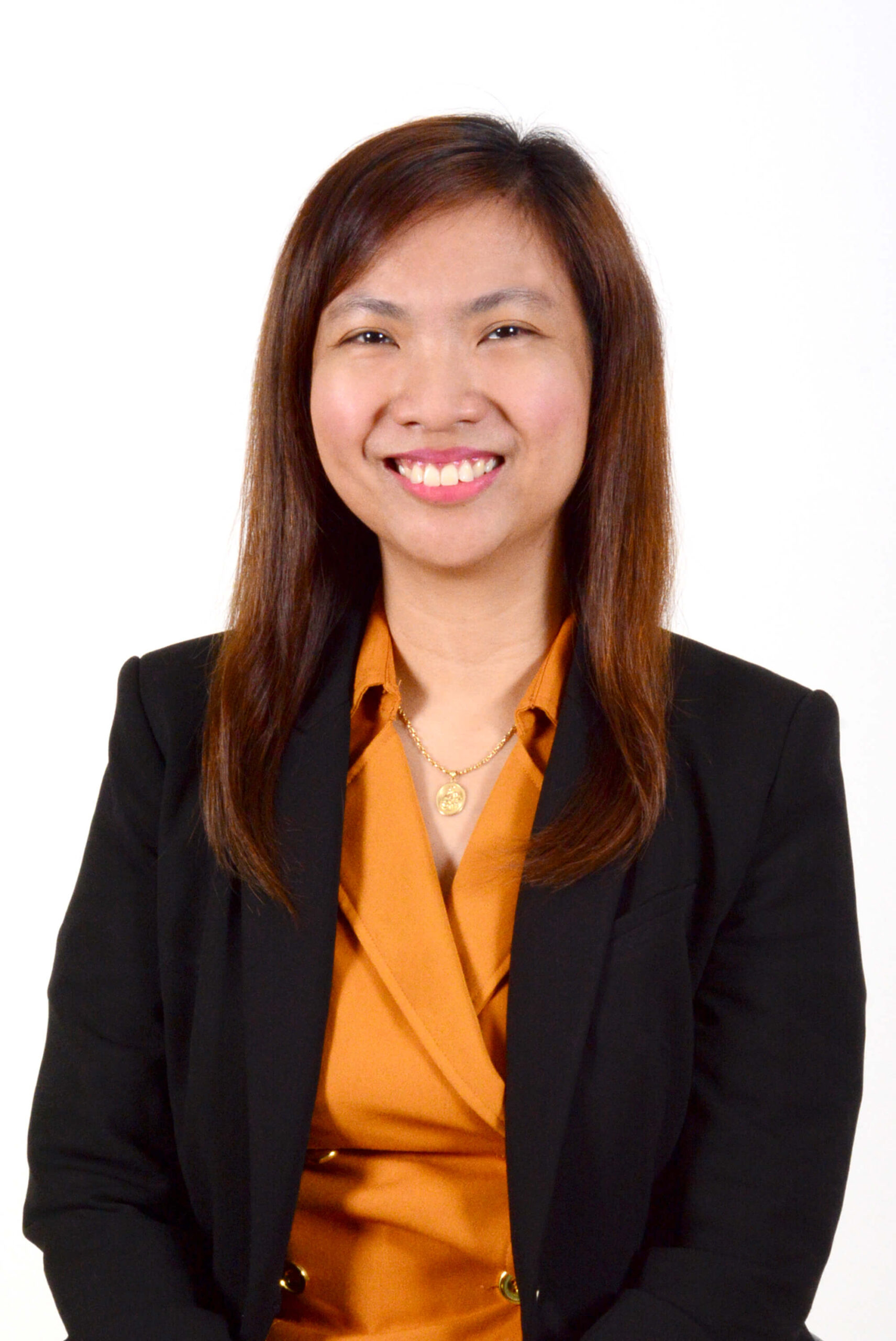
Fely Elvie Marie Arzaga
Lecturer
Master in Business Administration, Ateneo Graduate School of Business
Accounting

Wilfredo Baltazar
Lecturer
Master in Business Administration, University of the East
Auditing, Financial Reporting, Quality Assurance Review

Antonio Burgos
Sr. Lecturer
Master in Business Administration, Philippine School of Business Administration
Accounting, Auditing

James Marc J. Catudan
Associate Professor
Master of Arts in Economics, University of Sto. Tomas
Economics

Alessandro Rey Formoso
Sr. Lecturer
BS in Accountancy, Miriam College
Accounting
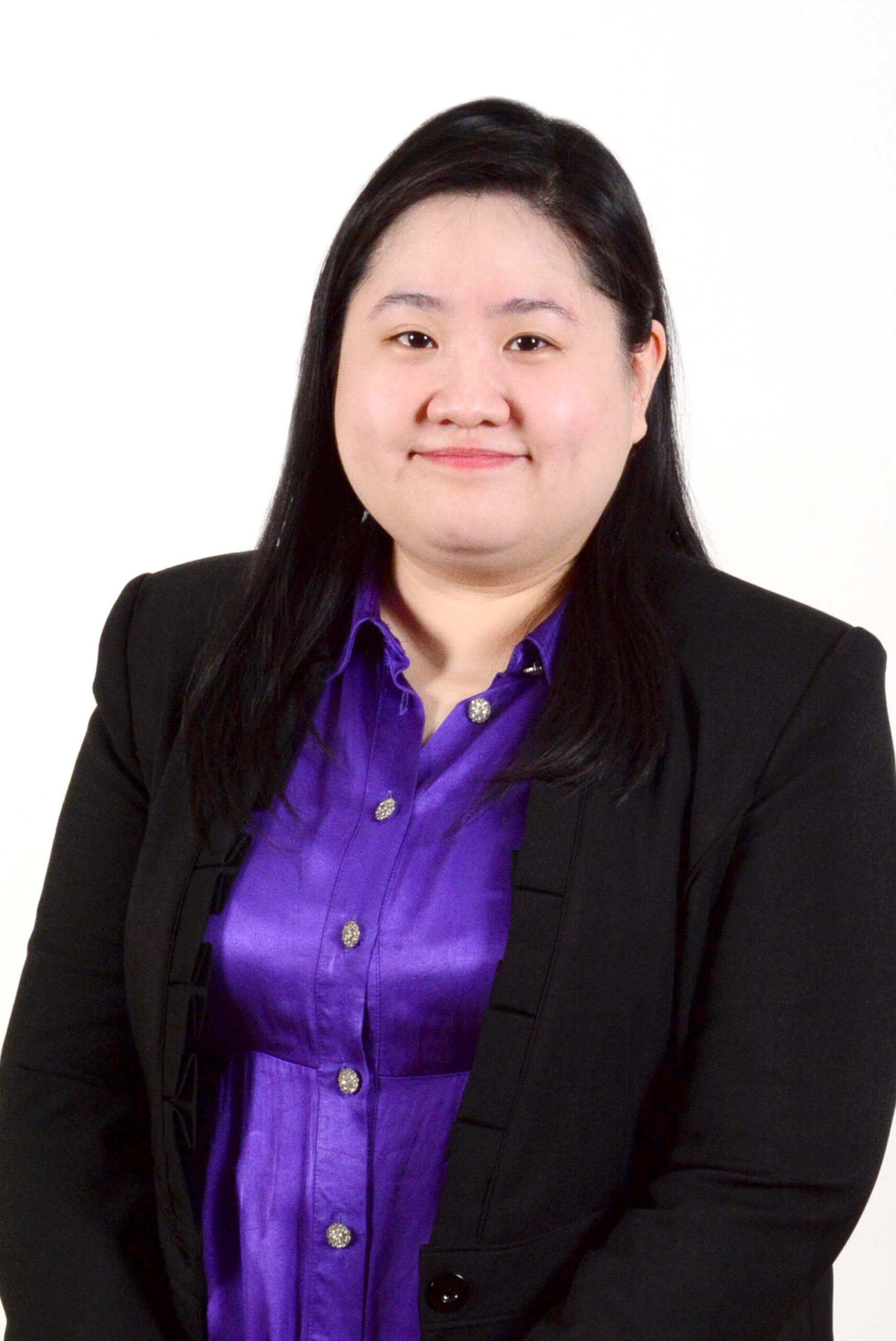
Yvette Margaret Lim
Lecturer
Juris Doctor, Ateneo de Manila University Law School
Law and Taxation

Anthony Matutino
Sr. Lecturer
Master In Business Administration, Philippine School of Business Administration
Accounting

Maria Odessa Nazarrea
Sr. Lecturer
Master in Business Administration, Ateneo De Manila University
Accounting

Marijun Sy
Sr. Lecturer
Master in Business Administration, Hult International Business School
Accounting, Finance

Ferdinand Timbang
Assistant Professor
Doctor in Business Administration, Lyceum-Northwestern University
Finance, Accounting
